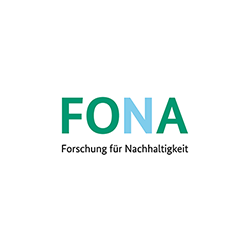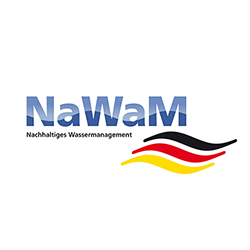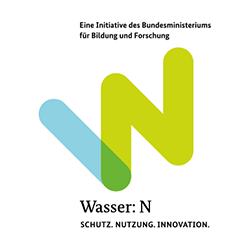Zero-emission raw water production in the automotive industry
Background
In the metal processing industry, the wastewater produced is usually treated by adding acid, alkali, precipitation chemicals and flocculants before it is discharged into the receiving water. This addition of chemicals leads to a significant increase in the salt load of the water, which is why process water recovery is not economical. Innovative solutions in line with the German sustainability strategy adopted by the German government are needed to achieve resource- and climate-friendly water use by 2030. In the joint project NERA, the project participants are developing a new wastewater treatment process to tap wastewater partial flows from the metal processing industry as a valuable source of raw materials and process water. In the sense of an improved recycling economy, the recovery of wastewater ingredients and process water is to be as chemical-consumption-free, residue-free and climate-neutral as possible. The new wastewater treatment process is based on an innovative reactor system for the electrochemical precipitation and recovery of phosphate and heavy metals such as manganese, nickel, zinc and chromium.
Aims:
The NERA project pursues several individual objectives. Initially, an electrochemical precipitation process for the efficient removal and recovery of heavy metals will be developed, optimized and evaluated. This process will then be further developed to enable recovery of phosphates with low heavy metal content. Furthermore, a pilot-scale electrolysis reactor system will be developed, minimizing power consumption and avoiding scaling. In the pilot test at a demonstration scale of about 8,000 m3/a, a sustainable wastewater treatment for low-salt raw water production is to be demonstrated. In addition, the recyclability of the precipitation products (heavy metals and phosphates) has to be demonstrated. Also, the raw water production for an industrial cycle closure is to be optimized and evaluated. Finally, a future-oriented wastewater management concept will be developed, which takes into account the new electrochemical treatment options.



